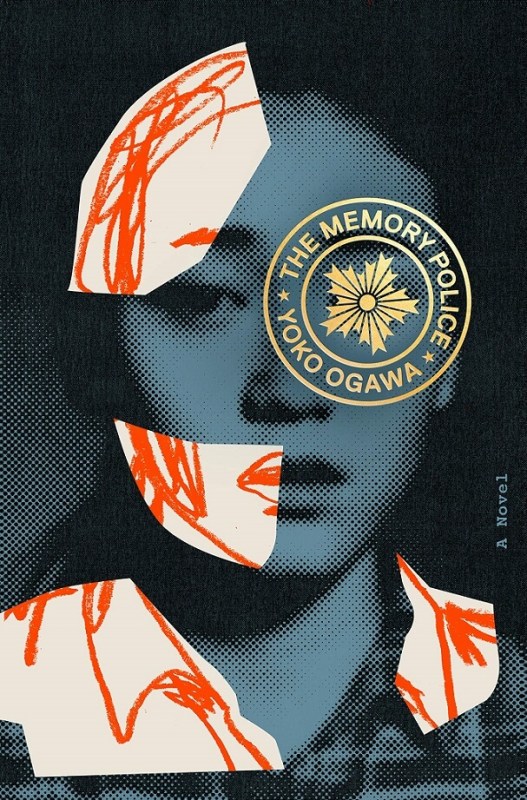
How does the loss of semantic memory affect our identities, our understanding of the world, and even our ability to live? This is the question at the center of Yoko Ogawa’s The Memory Police, originally published in Japan in 1994 and translated into English in 2019.
This ethereal sci-fi exploration of memory follows an unnamed narrator as she navigates an island in which explicit memories of objects and concepts are gradually “disappeared,” both physically and in the minds of the island’s inhabitants. Although the disappearances begin with peripheral objects, such as perfume, ribbon, and gemstones, the perceived importance of disappearing objects escalates, eventually affecting people’s livelihoods and health. Fascinatingly, even when the losses in memory result in an occupation or hobby becoming obsolete, there is little effect on the daily lives of the island’s residents. In fact, it’s easiest for them to just move on– attempting to force a lost memory to return or seeing an object that no longer officially exists, results in extreme discomfort reminiscent of recalled trauma.The narrator shares that their apathy somehow balances their physical loss:
When I was a child, the whole place seemed…how can I put this?…a lot fuller, a lot more real. But as things got thinner, more full of holes, our hearts got thinner, too, diluted somehow.
Each lost memory just further mutes their emotions.
The disappearances are seemingly controlled by a higher power, yet notably, there are individuals who fail to lose their memories. The Memory Police, which appear to be the sole governing body on the island, hunt down and take away those who fail to forget, leading to an underground system of memory-laden individuals hiding in sympathetic homes in a twisted evocation of the Holocaust.
The story of the narrator’s journey to protect one such individual is driven by frequent dialogue, the suspense of discovery, and a parallel storyline, written by the narrator (who is a novelist), in which the protagonist loses her voice. The lateral relationship between voice and memory offers a further exploration of the link between our consciousness and life functions.
While the premise of The Memory Police is an enticing exploration of the connections between memory, human cognition, and emotions, the writing lacked urgency, instead seeming to float in a world that doesn’t attempt to recall reality. It was undoubtedly well-written and probed a subject that is essential to human existence. In reading it, however, I felt more unsettled than anything. While I yearned for a clear resolution, the book instead ends abruptly and has left me puzzling over it’s slow narrative build for days. While in many ways, this arguably makes it a good novel, it has been more of a lingering discomfort than an enjoyable read.
In summary, I chalk it up to not being my cup of tea. I am appreciative of the writing and found the concept fascinating, but it would not be my first choice in reading material. I’ll gladly leave it to the enjoyment of dystopian fiction lovers.
TLDR: Great for lovers of dystopian fiction. An enticing exploration of memory and consciousness with a floating narrative that lacks urgency.
